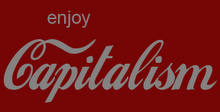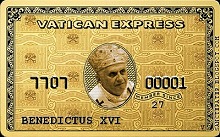The Ranking of Human Values
Let us rank what we value. In the end, we will conclude that we ought to be kind to trolls.
Thinking beats speaking because thoughtless speech is just noise.
Yet action speaks louder than words. This means acting is better than speaking.
Is acting better than thinking? Probably not because we also claim that the pen is stronger than the sword. He who lives by the sword dies by it. He who lives by the pen lives forever. Besides, when we’re thinking, we practice silence, and librarians will swear us all to that.
So there it is. Thinking is better than acting, which is then better than speaking.
What then is the point of protecting free speech if it is the lowest form of human interaction?
The answer lies in realizing that we also value compassion. We say that no man is an island, and that when the bell tolls, it tolls for all. We sense that the weakest have only speech. They can plead with the strong to spare them, but that’s about it. And the thinker, if he truly thinks, knows that there’s no point in thinking if he cannot protect the weak. The thinker understands the sense of justice that John Rawls imagined. He thinks that if he could choose his company or society, the thinker would choose to be born into a family of thinkers, and not warriors or orators.
When we see a troll earning his meager pay on canned ad hominem, we thank the Supreme Being that we weren’t born to be trolls. They’re there by an unfortunate act of God when He gave out talents. Trolls wish they could think or act, but all they have are meaningless words. And meager pay.
The pseudo-righteous proclaim that we shouldn’t feed the trolls. True enough. But the higher duty is to think and find ways to have a society where the undeserving rich wouldn’t be able to hire trolls.
In the end, we are all trolls. There are trolls, and there are trolls.


